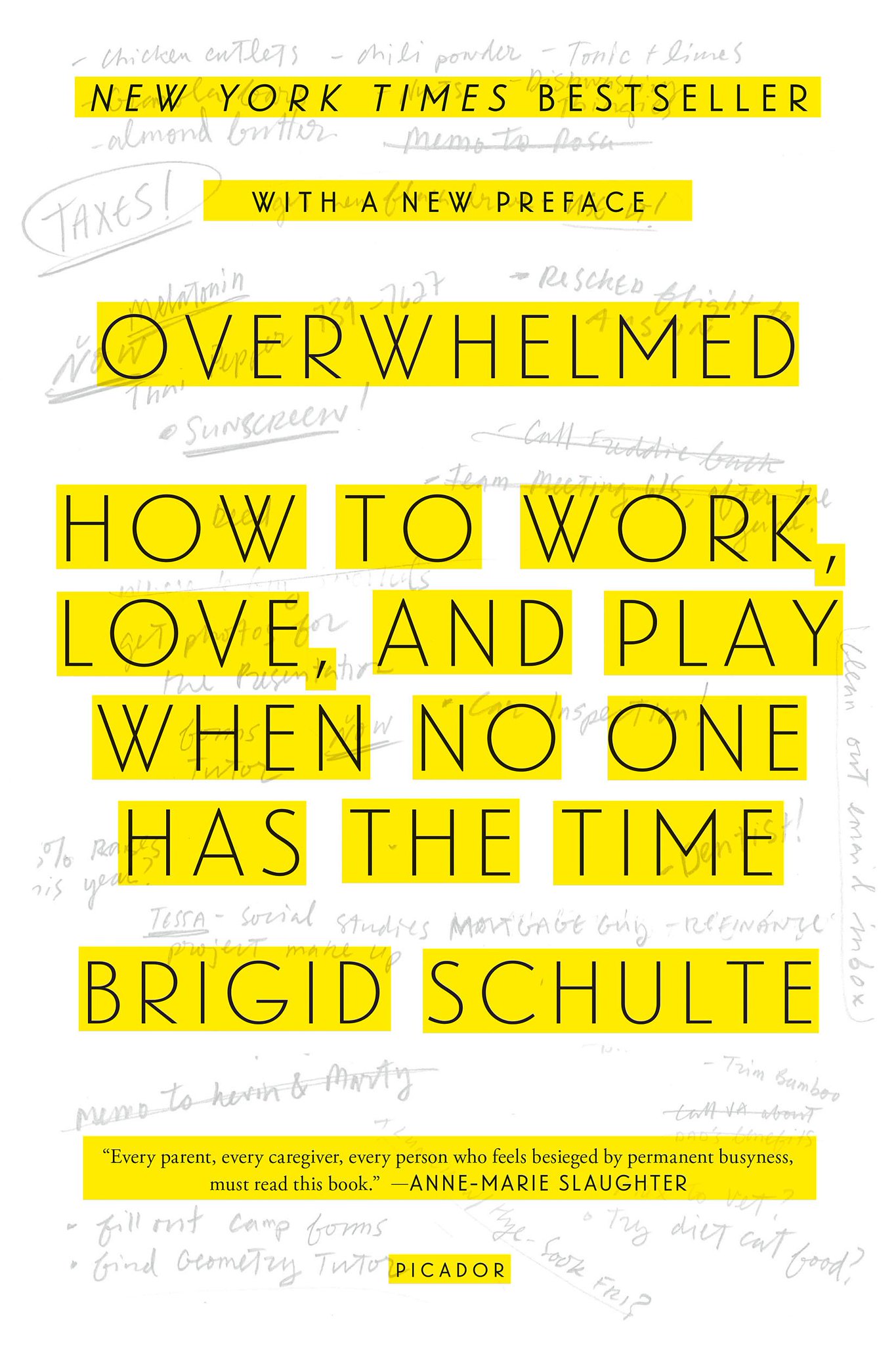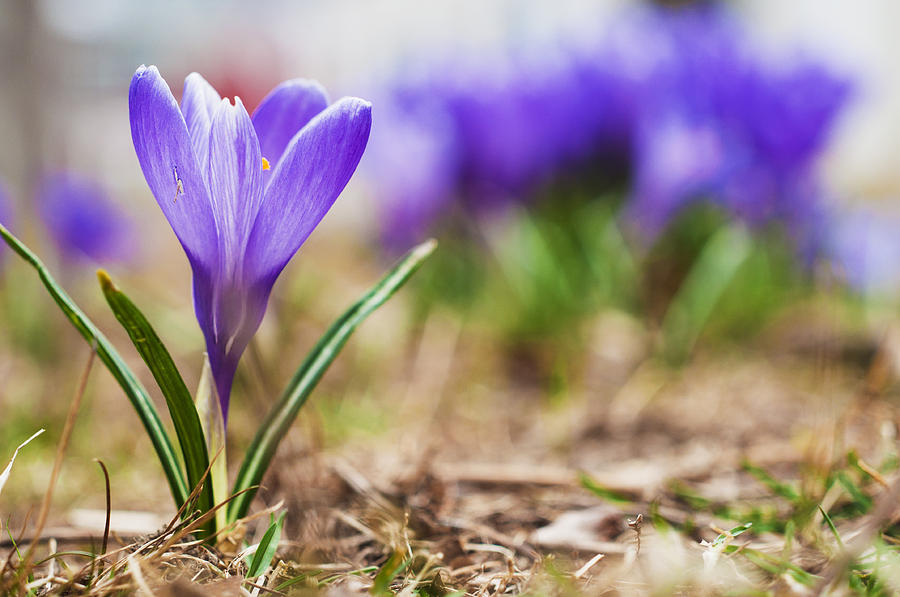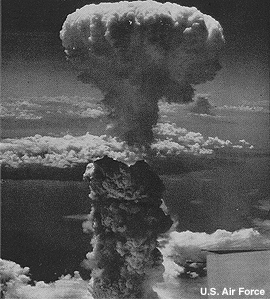Last July, when Meredith and I had known each other only a month, I asked her on the spur of the moment to go camping in Rocky Mountain National Park with me and Mitike. I didn’t ask, “Do you camp?” or “Do you like camping?”, as I assumed everyone my age loved to crawl into a nylon tent and sleep in the wilderness. This assumption had been formed by: 1) my sometime blindness to experiences outside my own; 2) the unusually high percentage of time I have spent in a tent in the past 20 years; and 3) the fact that I love camping.
Meredith, on the other hand, had not been camping for ten years. Meredith doesn’t love camping. She loves five-star hotels and white sheets, long hot showers, soft supportive mattresses, innovative restaurant food.
But she was falling in love with me. “Do you want to camp with us tonight?” I asked, and she said, “Sure!” as if she camped all the time. She had to drive five hours round-trip to retrieve her dusty camping gear from her parents’ garage, then meet us at the Moraine Park Campground site, working hard to appear nonchalant. I did wonder why she struggled a little to set up her tent, but otherwise, she fooled me completely.
A year later, securely in love and engaged, Meredith confessed to me that she really doesn’t love camping that much. This was just before we were to depart for a four-day camping trip in the Sawtooth National Recreation Area in Idaho.
I responded gently: It will be fun! I’ll make it easy. There are actually showers (true), flush toilets (true), the food will be great (sort of true) and the air mattress is incredibly comfortable (not really true, though it’s better than hard ground).
But I wanted to say: HOW CAN YOU NOT LOVE CAMPING?
I didn’t grow up camping. When I was a little girl, we headed west from Iowa to Colorado, where we spent a week in the Rockies in a cozy cabin with electricity and indoor plumbing, then drove back across Nebraska. Once or twice, my family did camp in the sticky Iowa humidity in a nearby county park, and when I was in 9th grade, my brave (and young, and also foolish) biology teacher Mr. French took our entire class camping for a night at Wildcat Den State Park. But I didn’t actually begin to love camping until I was nineteen, working as a camp counselor in the Sangre de Cristos in Colorado. It was then that I had a revelation: for free, I could carry my house in a backpack, and live happily in the most pristine wilderness for days and days. At age 24, I hiked the Colorado Trail from Durango to Copper Mountain, happily living in a tent for four weeks.
For some reason, this was one of the first pieces of biographical information I chose to share with Meredith’s parents the first time I had dinner at their house. Her dad’s eyes widened: “So you didn’t shower for weeks?” I quickly assured him that I shower regularly now.
But what is it about camping that still enamors me, all these years later? It’s not easy. It requires hours of organization and packing and set-up (and unpacking and re-organization). It’s not always fun, especially when it’s raining, hailing, sleeting, or all of the above. Even the most gourmet meals get cold, or get bits of dirt or pine needles in them. Campground camping is a strange mix of solitude and too much company from RV owners, children on bikes, and your own tentmates. Just one night of a lovely campfire perfumes your hair, skin and clothes for the rest of the camping trip. After a circuit or two of the campground and a few hours reading a book in the hammock, it’s time to walk around the campground again. The air mattress is not comfortable, and each morning, your back and neck ache, and your tongue sticks to the roof of your mouth and you get those little yellow crusties in the corners of your eyes. At most camping sites, you either have to poop into an outhouse pit toilet filled with other people’s excrement or you have to dig a hole and poop like the black bears. In the morning, making coffee requires warming up your fingers enough to flick on the lighter, which may or may not start the camping stove that may or not have enough fuel. Add to all this a relatively new understanding of mine about camping: family camping means no adult privacy ever, since an excited little girl in a purple sleeping bag is rolled up right beside you, with her brown eyes wide open.
Why do I still want to go camping?
Because I love staying up late under the brilliant stars, warming my hands at the campfire. Because I love cooking on my little propane stove, and I love watching the light fade from the sky through the silhouettes of the pine trees. Because I love having nothing at all to do in a day but hike and lounge in my hammock with a book. Because I love being woken by birds and the light filtering through the nylon tent. Because I love that I have everything I need right there in the wilderness: kitchen and bedroom and living room. Because I love making tinfoil dinners and tasting hot coffee on cold mornings and roasting marshmallows late at night. Because I love the moment my feet get warm in my sleeping bag. Because I love my daughter’s sense of freedom when we’re camping: the way she plays in the woods, and feels important that it’s her job to fill the water bottles at the pump. Because I love the simplicity of camping: that our devices go dead after a day, that no one can call or text or email us, that we have to mull over a question together instead of look it up quickly on Google, that to-do lists and expectations and obligations cease to matter. Because I love the quality of conversation that happens between people camping together, when there is time and space to reflect and discuss. Because, even though a little girl and a dog are sleeping nearby, cuddling with my fiancé in a tent beneath layers of blankets and sleeping bags is sweet, and cold nights are a lovely excuse to cuddle closer.
As I set up our tent in the beautiful woods in the Sawtooths, and Meredith laid out the lunch food on the picnic table, I called over to her, “Isn’t this great?” I so dearly wanted her to love camping the way I love it that I had hidden my long list of reasons I don’t like it. She smiled at me across the campsite, a Wheat Thin layered with peppered salami and fresh mozzarella cheese in one hand. “Yes,” she said, gazing up at our canopy of pine trees, and then over at our tent, “this is a beautiful place.”
One of the many reasons I love Meredith is that she’s open to adventure, even if it’s not what she would have chosen to do on her own. We finished setting up the camp and then walked down the hill to the white-sand shore of Redfish Lake, where the Sawtooth Mountains rose in an impressive backdrop to the glittering blue water. Mitike and our dog splashed around, and we lounged on the beach, our backs against an enormous fallen tree. Later, after a dinner of hot dogs and steamed French green beans, we built a roaring fire and watched the stars emerge. And still later, we crawled into our bed in the tent, cuddling close. I closed my eyes and thought about the Milky Way above us, and I thought about how much I love camping.
And then, in the middle of the night, when the temperature had dropped to 35 degrees and my feet and nose were freezing, when my lower back hurt and Mitike was whimpering, “I’m cold, Mommy!” and the dog had curled himself into the smallest ball possible, I whispered into Meredith’s ear, “I actually hate camping, you know.” She burst out laughing, which sounded odd through her chattering teeth. “You do?” “Yes. Let’s get a hotel room, with white sheets and a hot shower and room service.” Instead, we pulled the blankets and sleeping bags closer around us, draped a sweater over the dog, and cinched TK’s sleeping bag around her head.
Four days later, when we were actually enjoying hot showers and clean white sheets in a Provo, Utah, La Quinta Hotel, I admitted it again: “I really don’t know if I love camping.” Meredith grinned at me. She’d just listed everything she’d loved about our trip to Idaho: a hike on a dramatic ridge above the lake, kayaking, campfires, star-gazing, dinner on the beach, a lazy morning with scrambled eggs and coffee, our tree silhouette canopy, the ease of our togetherness and of being unplugged for awhile. She pulled me into a full hug. “I love you, you know. And next time we go to Redfish Lake, we could stay in one of those cute cabins.”
We could, of course. Almost everything I love about camping could be achieved through the kind of cabin experience I had in my childhood, and everything I dislike would be fixed by a comfortable bed, a flush toilet, a hot shower, and a little heat within four walls. But.
What if the point of camping is to more fully appreciate a hot shower? What if the point is to understand how lucky we are to have soft beds and clean sheets, restaurant food, and sweet-smelling hair? (Meredith says she already appreciated these things).
What if the point is to be a little uncomfortable, to shake ourselves out of the expected comfort of daily modern life?
Several days after our camping adventure in Idaho, Meredith showed me a little YouTube video advertisement for the Australian-made “Teardrop” camper. I watched the video three times on my own. In that dear little tow-along camper, one has a comfortable king-sized bed and a full kitchen.
“If I had that, I’d never sleep in a tent again,” I said, in awe, and then clapped my hands over my mouth. I had just betrayed tent-camping! But maybe – just maybe – I’ve put in enough time on the ground. Maybe it’s time to transition to something a little more comfortable in the wilderness.
Maybe.
Ask me next summer, when enough time has elapsed, and I’ll tell you I can’t wait to unroll the tent and shake out the sleeping bags. I love camping, I’ll tell you. It’s one of my favorite things to do.











